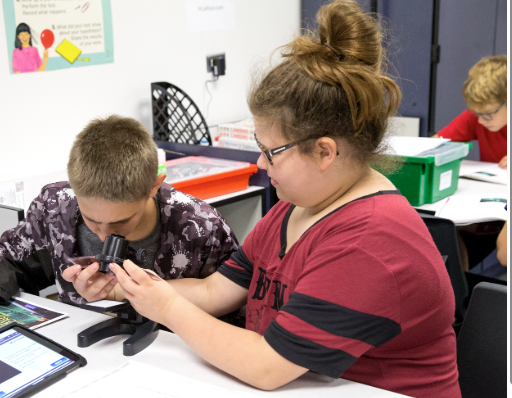High school education has evolved, with more students gaining real-world experience through programs that partner with local businesses. These partnerships offer internships, apprenticeships, and vocational training, helping students apply classroom knowledge in a professional setting while earning their high school diploma. Here’s a guide to understanding how these programs work and the benefits they offer.
What Are High School Programs with Local Business Partnerships?
These programs are collaborations between schools and businesses in the community, giving students hands-on experience in various industries. Students can engage in internships, apprenticeships, or vocational training while attending high school. The goal is to blend classroom learning with practical application, equipping students with the skills they need for their future careers.
Types of Programs
Internships and Apprenticeships: Many high schools work with local businesses to offer part-time internships or apprenticeships. These programs provide students with direct exposure to professionals and real-world tasks, allowing them to gain relevant experience.
Vocational and Technical Education (CTE): CTE programs focus on specific trades and skills like automotive repair, healthcare, and IT. Through local business partnerships, students get hands-on training in fields they are interested in.
Co-Op Programs: Co-op programs alternate between classroom study and work experience. Students work for a local company while attending school, gaining experience that aligns with their career goals.
Job Shadowing: Job shadowing allows students to observe professionals in their careers, providing insights into various industries and helping students explore potential career paths.
Benefits of Business Partnerships
Hands-On Experience: Students can apply classroom concepts to real-life situations, making learning more engaging and relevant.
Career Exploration: These programs help students explore different careers, giving them a better understanding of what each role involves.
Skill Development: Students develop both technical and soft skills that will be valuable in their careers, such as communication and problem-solving.
Networking: These programs offer opportunities for students to connect with professionals, which can lead to job offers or mentorship.
Increased Employability: Real-world experience makes students more competitive in the job market, giving them an edge over those without hands-on experience.
How to Get Involved
Students interested in these programs should start by talking to their school’s guidance counselor or career advisor. They can provide information about available opportunities and help with the application process. Additionally, students can research local businesses in industries that interest them and inquire about internship or apprenticeship opportunities. Many communities also have organizations that connect schools with businesses to facilitate these partnerships.
Conclusion
High school programs that partner with local businesses provide valuable opportunities for students to gain work experience, explore careers, and develop skills that will set them up for future success. By participating in these programs, students not only earn a high school diploma but also gain a competitive edge in their chosen careers. If you’re a student, reach out to your school or local businesses to start exploring these opportunities today.














